
The Business of Fashion
Agenda-setting intelligence, analysis and advice for the global fashion community.

Agenda-setting intelligence, analysis and advice for the global fashion community.
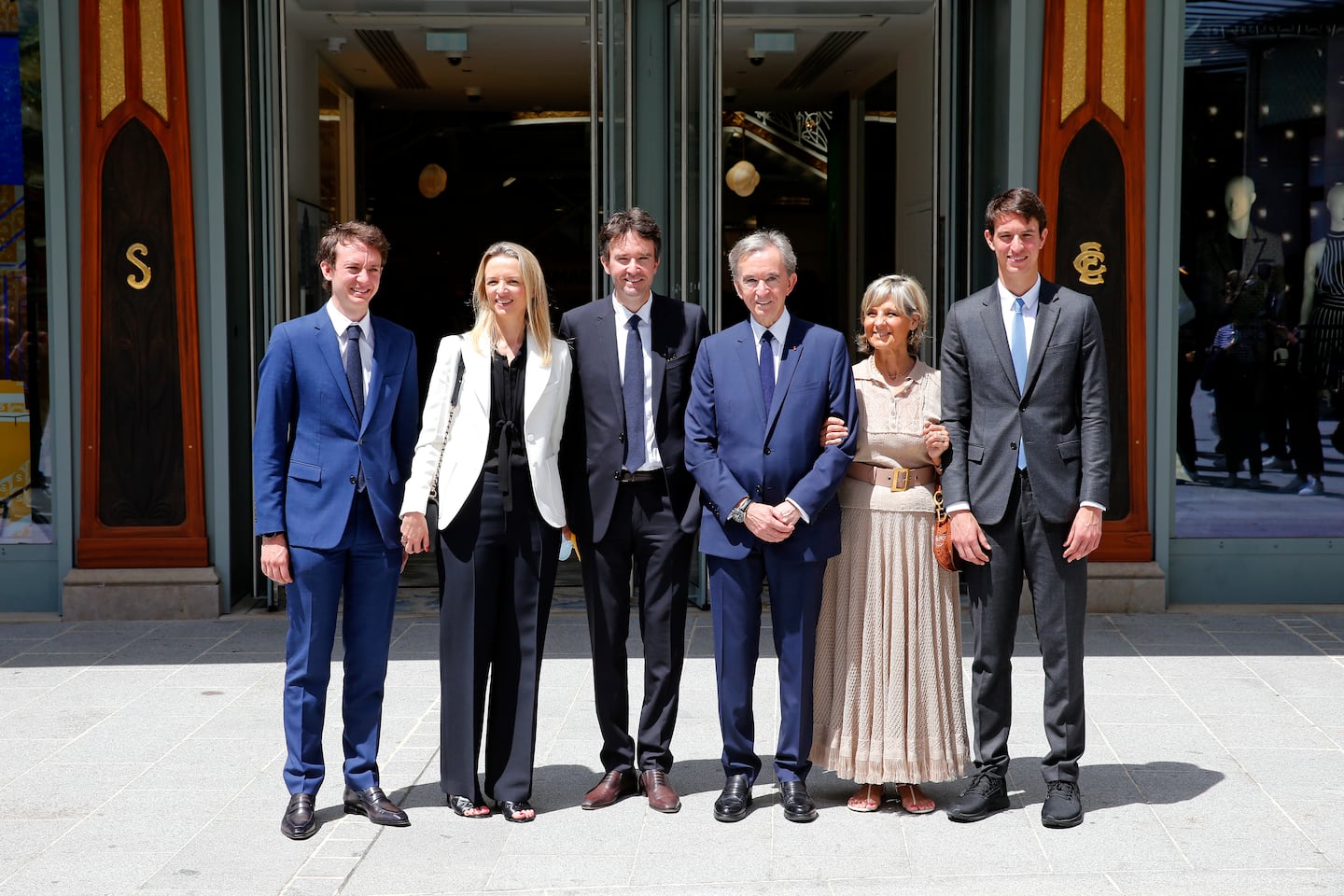
This week, the luxury sector was abuzz with executive shuffles that appeared to open the way for a changing of the guard at some of the industry’s top companies.
Tuesday, Milan-based Prada Group — which last week announced Andrea Guerra as its first-ever external CEO — confirmed it would also hire a new CEO, Gianfranco D’Attis, to run its flagship Prada brand. The appointments are aimed at “easing the succession” between co-CEOs Miuccia Prada and Patrizio Bertelli and the next generation of their family, the company said. The pair’s eldest son Lorenzo Bertelli, who joined the company in 2017, is being positioned as the group’s future leader.
The matter of succession at LVMH was in the news, too, albeit for a more incremental appointment. Antoine Arnault, chairman Bernard Arnault’s second-oldest child, was named CEO of the holding company Christian Dior SE, replacing longtime executive Sidney Toledano at the helm of the listed entity through which the family patriarch controls his luxury empire.
Dior SE no longer has operations independent of LVMH since merging its namesake brand with the group’s wider portfolio in 2017. That makes Antoine Arnault’s appointment as CEO largely a symbolic step — but symbols have their importance, too.
ADVERTISEMENT
The move was part of a broader plan to “perpetuate long-term family control” of LVMH, the company said. It also suggested that after years of pushing off questions regarding Bernard Arnault’s succession, taboos surrounding the topic may finally be breaking.
The stakes for fashion couldn’t be higher. Arnault, aged 73, is now the world’s richest man (after surpassing Elon Musk this week), largely as a result of luxury’s comparative resilience in a challenging global economy. Dubbed the “wolf in cashmere” for his soft-spoken but aggressive approach to business, Arnault has long been the ultimate decider for nearly all matters at LVMH, which towers above the rest of the sector with 75 brands, over €64 billion in annual revenue and 175,000 staff.
Of Arnault’s five children from two marriages, aged 24 to 47, all are now employed in various roles across the group: Antoine oversees group image and communications, as well as the Berluti brand, while his sister Delphine is executive vice-president for product at flagship Louis Vuitton. Alexandre Arnault is executive vice-president for product and communication at Tiffany & Co., while Frédéric is CEO of watchmaker Tag Heuer. The youngest, Jean, joined Louis Vuitton’s watchmaking division in 2021.
While the heirs each exhibit varying degrees of ambition, leadership skills, business acumen and creative sensibility, none has emerged as a clear successor to Bernard Arnault as the group’s chief executive.
Earlier this year, Arnault passed a motion to raise LVMH’s CEO age limit from 75 to 80, meaning he could continue to serve as chief executive of the company for another seven years. Still, he has also started to make moves to prepare the company’s transition to shared family control, restructuring his private holding companies that sit atop LVMH so that his controlling stake in the conglomerate would be controlled by a joint-stock partnership called Agache, to be held equally by his five children.
Arnault has also provided opportunities to the next generation of star managers like Dior CEO Pietro Beccari, Tiffany CEO Anthony Ledru and former Sephora CEO Chris de Lapuente, who now oversees retail and beauty at the group level, all of whose support LVMH will need to smooth a transition.
But luxury’s succession challenges go well beyond Prada and LVMH: Richemont’s chairman Johann Rupert is also in his 70s, as are the secretive Wertheimer brothers who control privately-held Chanel. The brothers recently brought in an external CEO, Leena Nair, and consolidated the firm’s governance and accounting in the UK in a bid to bolster oversight.
Plans for 88 year-old designer Giorgio Armani’s succession are similarly clouded: the designer has placed his company in a trust to ensure its perpetual independence, but in 2021 said it was exploring a deal with an Italian partner thought to be Ferrari-owner Exor, though talks have reportedly stalled.
ADVERTISEMENT
Whether luxury giants will face more pressure to clarify their succession plans next year could depend on their performance: if most investors have stayed silent regarding their concerns for what comes after the generation of billionaire founders who have led the industry since the 1980s, that’s because the sector continues to outperform the market in terms of both growth and profits.
This year, luxury sales rose 22 percent according to Bain. Shares in LVMH are down 6 percent this year, less than a 13 percent drop in the Stoxx 600 index of Europe’s biggest companies.
But luxury growth is forecast to slow to 3 to 8 percent in 2023 due to a sluggish global economy. While LVMH has used its unrivalled marketing heft to shake off previous crises, in a murky present redirecting the narrative to its plans for future success may be smart business.
THE NEWS IN BRIEF
FASHION, BUSINESS AND THE ECONOMY
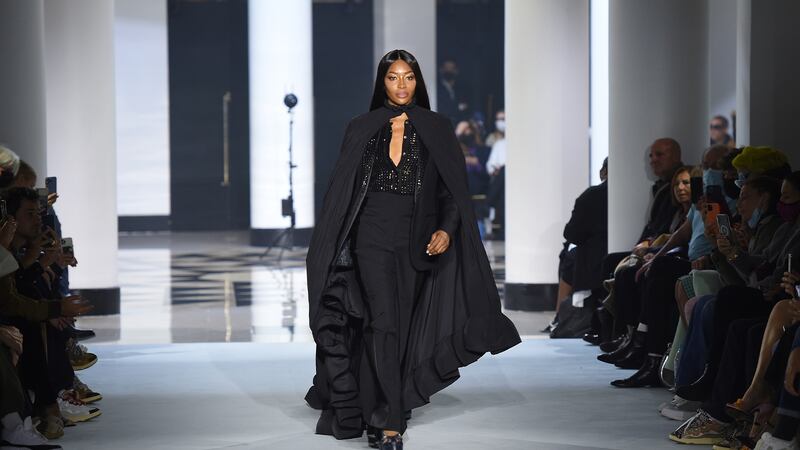
Lanvin Group Raises $150 Million in Public Debut. The Chinese-owned luxury group, which went public via a SPAC deal, raised $150 million in the listing, valuing it at $1.31 billion. It comes as Lanvin contends with a cooling luxury market and a playing field dominated by larger rivals.
Inditex profit jumps as Zara owner lifts prices. The world’s biggest fashion retailer’s store and online sales rose 19 percent from a year ago, slightly faster than analysts had expected. Price rises of 5 percent or more across some ranges since the spring helped drive sales, analysts said.
H&M shares drop as Sept-Nov sales fail to impress. Net sales for September-November, H&M’s fiscal fourth quarter, reached 62.5 billion crowns ($6.1 billion), up from 56.8 billion crowns a year ago. Analysts polled by Refinitiv had on average forecast 62.17 billion crowns.
ADVERTISEMENT
Kering, L’Occitane Group launch €300 million nature fund. The Climate Fund for Nature, a new investment scheme, is aiming to fund commitments from luxury fashion and beauty companies to invest in nature conservation and restoration initiatives.
Landmark worker safety initiative launches into Pakistan. Announced Wednesday, the Pakistan Accord marks a new milestone for the International Accord, a legally binding commitment from brands to ensure worker safety in garment factories that had previously not expanded beyond Bangladesh.
US retail sales drop most in 11 months, missing estimates. US retail sales fell in November by the most in nearly a year, reflecting softness in a range of categories that suggest some easing in Americans’ demand for merchandise.
Young adults living with parents fuel luxury boom, Morgan Stanley says. Analysts said the trend benefits discretionary spending and is partly responsible for the surge in popularity of handbags, watches and jewellery.
THE BUSINESS OF BEAUTY
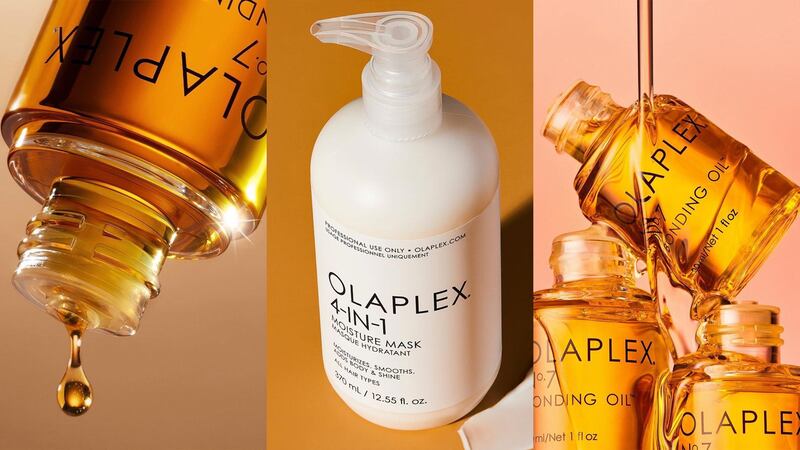
Olaplex’s ‘broke my hair’ problem is a TikTok cautionary tale. The hair care brand pitched investors on social media buzz, but it’s now being plagued by online complaints. The company says its products are safe and effective.
PEOPLE
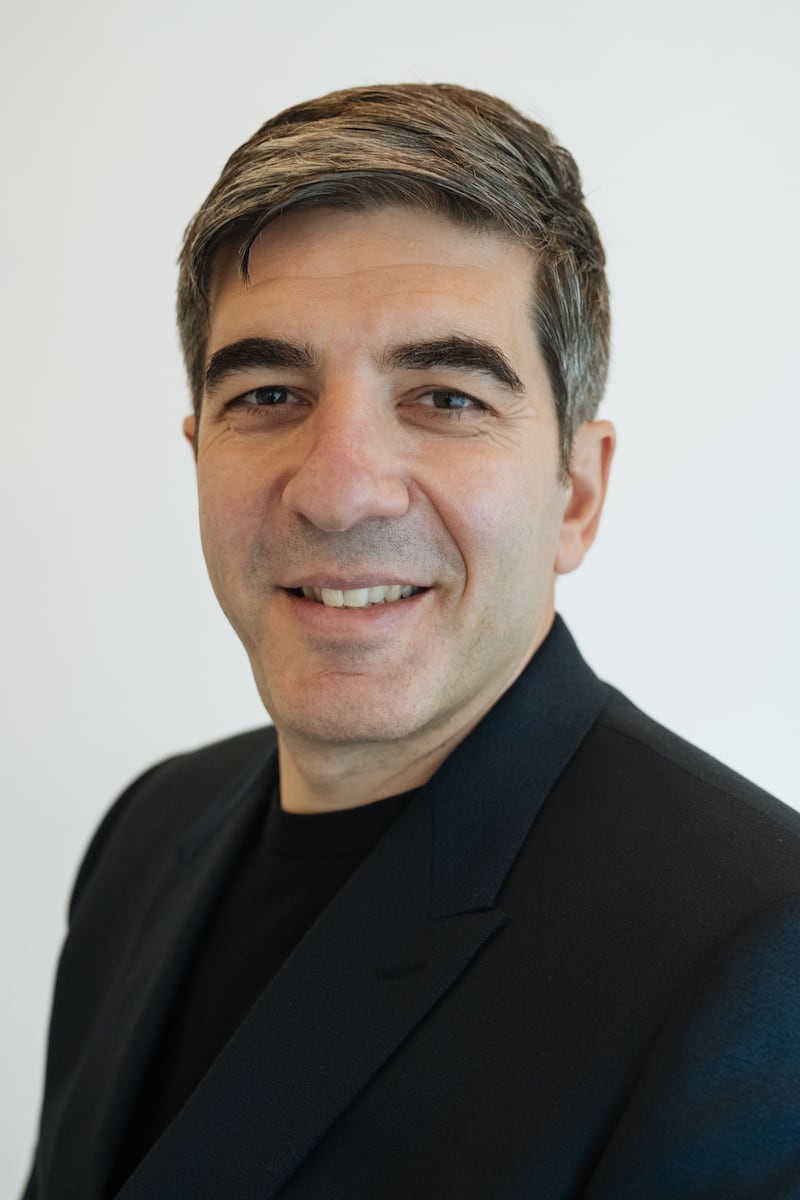
Confirmed: Prada names Gianfranco D’Attis new brand CEO. D’Attis will report to new group CEO Andrea Guerra (also hired from LVMH), whose appointment is expected to be confirmed at a board meeting in January. Prior to joining Dior, D’Attis held roles at Richemont’s Chloé, IWC and Jaeger-LeCoultre brands.
MEDIA AND TECHNOLOGY
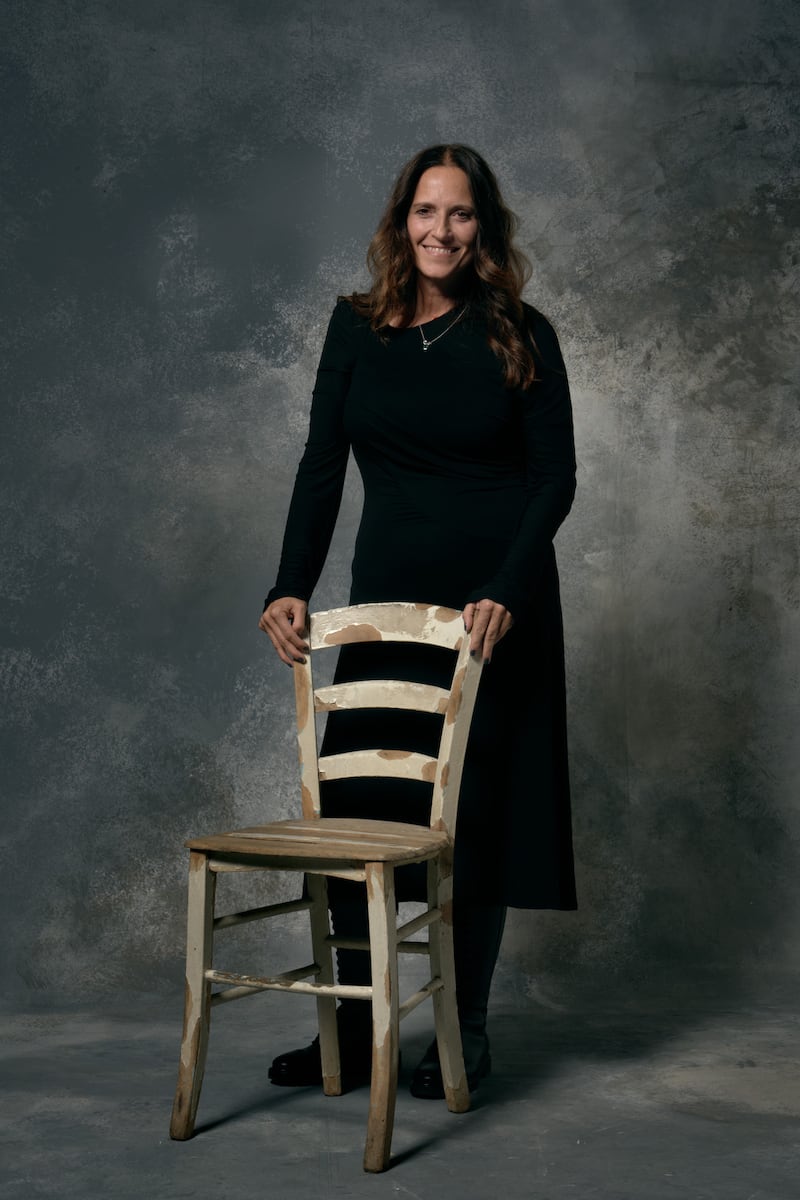
Negri Firman PR & Communication expands with London and LA Offices. The new outposts are intended to strengthen the agency’s global connections to better serve the needs of clients in the post-pandemic era, founder Silvia Negri Firman told BoF.
Compiled by Darcey Sergison.
The fashion giant has been working with advisers to study possibilities for the Marc Jacobs brand after being approached by suitors.
A runway show at corporate headquarters underscored how the brand’s nearly decade-long quest to elevate its image — and prices — is finally paying off.
Mining company Anglo American is considering offloading its storied diamond unit. It won’t be an easy sell.
The deal is expected to help tip the company into profit for the first time and has got some speculating whether Beckham may one day eclipse her husband in money-making potential.